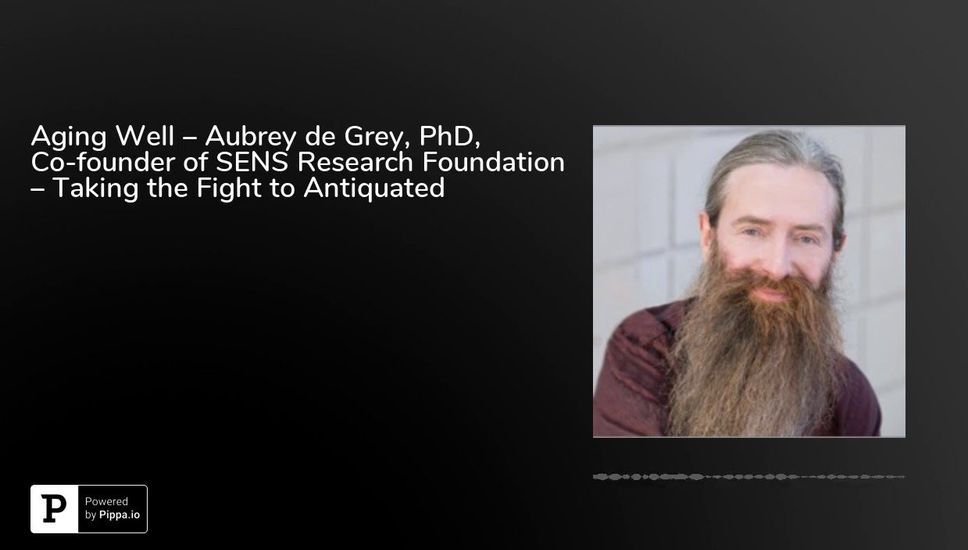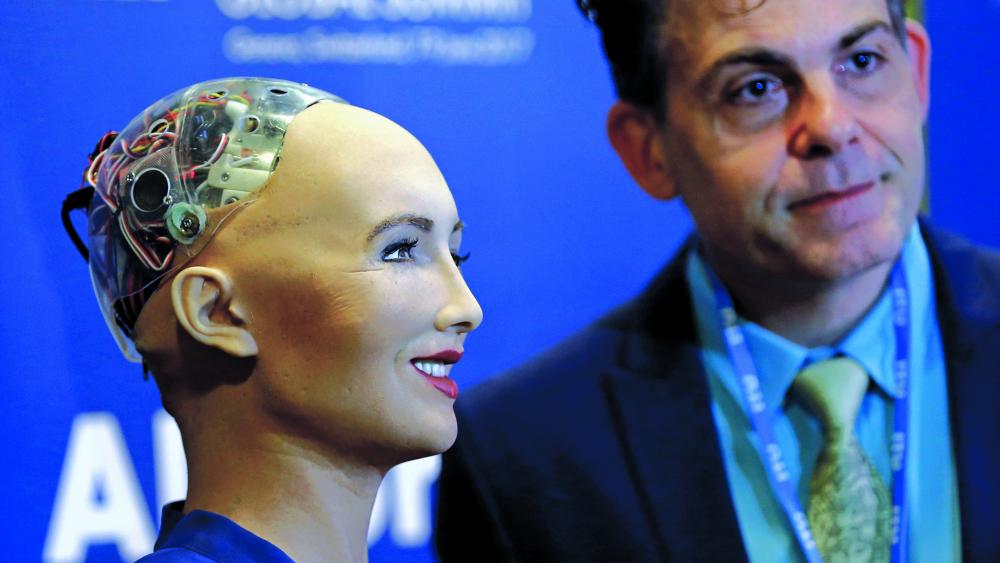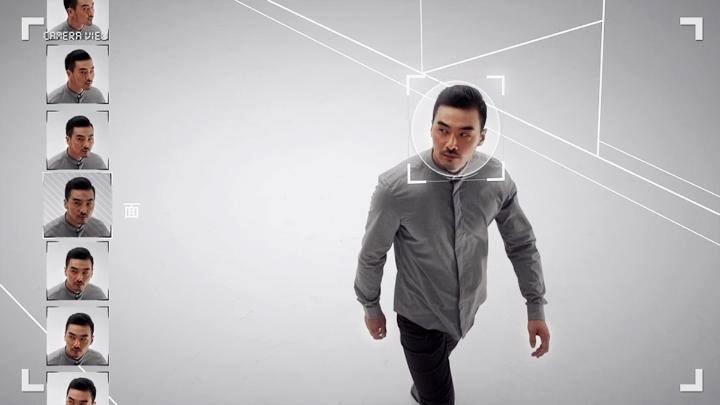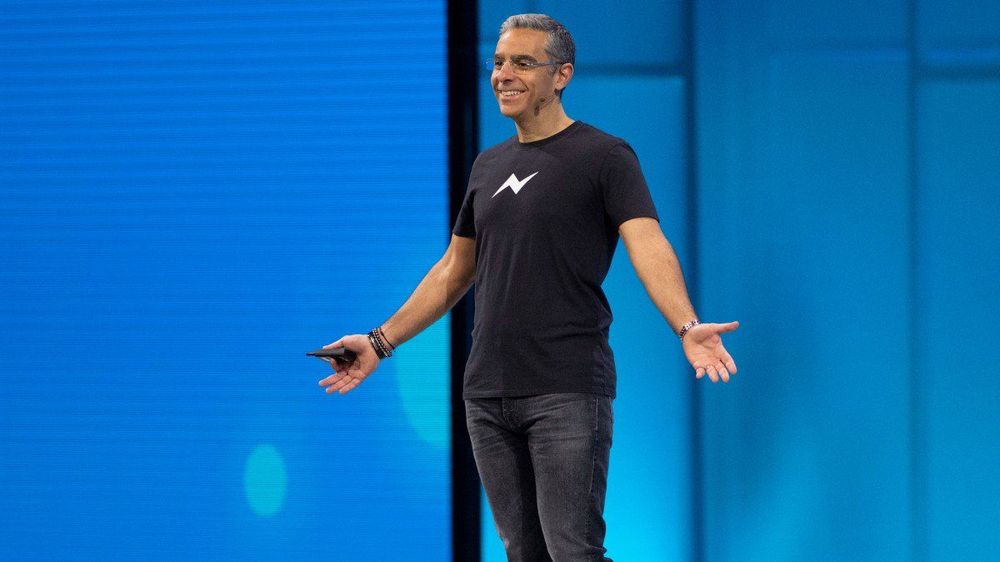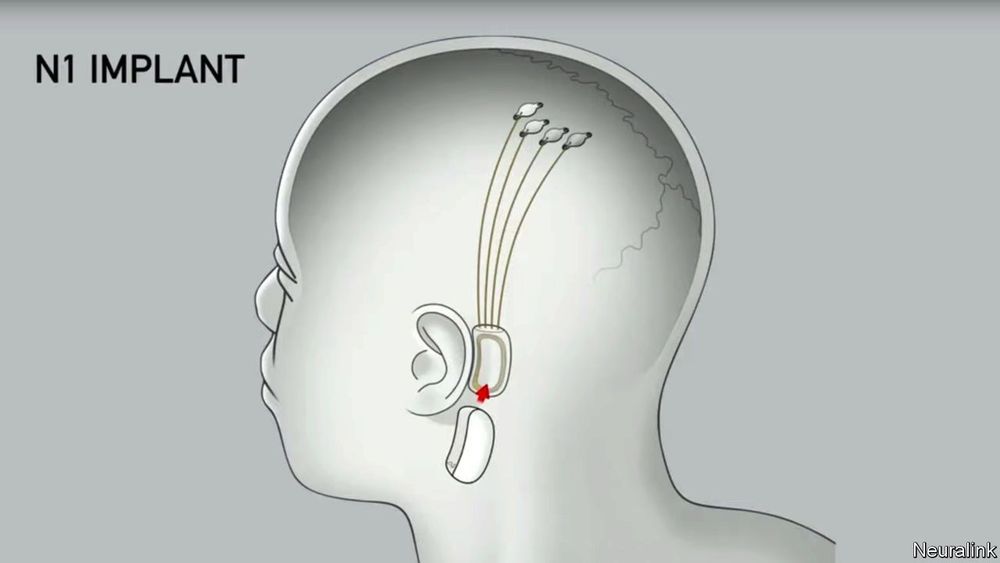Jul 20, 2019
Aging Well – Aubrey de Grey, PhD, Co-founder of SENS Research Foundation – Taking the Fight to An… — YouTube
Posted by John Davies in categories: biotech/medical, life extension
In this podcast, Aubrey de Grey, Ph.D., and the Chief Science Officer/Co-founder of SENS Research Foundation discusses his fascination with aging and his ongoing efforts to change the way we think about, and treat, age-related conditions. Dr. de Grey is a biomedical gerontologist and the innovative developer of the SENS platform. He is a Fellow of the Gerontological Society of America and the American Aging Association. He received a Ph.D. in Biology from the prestigious University of Cambridge. Dr. de Grey states that aging is the greatest medical problem we face as it causes the most suffering. He discusses the various excuses that are given as reason to simply disregard aging as a field in need of greater research, from the standard, ‘everything ages, just accept it,’ to the more philosophical—‘death, by its existence, gives meaning to life,’ and the social excuse—‘treating aging in a new way would only create new problems that could be much worse.’ But according to Dr. de Gray, not a single excuse holds up, all fall to the slightest scrutiny when really considered. Dr. de Grey explains that in order to design and implement therapies that will prevent the health problems of an aging population, we need to learn from what has already been proven and acknowledged in the past. SENS Research Foundation seeks to develop and promote access to innovative new therapies that can cure or possibly even prevent the diseases and difficult, troubling disabilities of aging by repairing built-up damage in our bodies. Wrapping up, Dr. de Grey explains cell therapy and damage, loss of cells, and the processes needed to bring about the repair. And the doctor goes into detail regarding the injection of stem cells to repair the damage, replace lost cells, etc.
